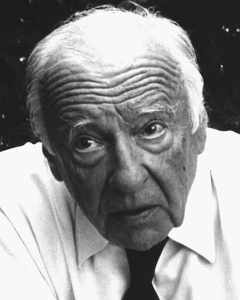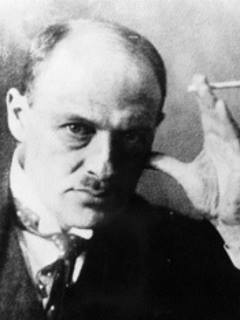Wei Zhang
(2021). Scheler's socratism: the new perspective of his phenomenological ethics, Königshausen & Neumann, Würzburg.
with Cai, W. (eds) (2021). Phenomenology of Xin-Xing, Königshausen & Neumann, Würzburg.
with Cai, W. (eds) (2021). Phenomenology of Xin-Xing. Phänomenologie des Xin-Xing., Königshausen & Neumann, Würzburg.
(2019). Prolegomena zu einer materialen Wertethik: Schelers Bestimmung des Apriori in Abgrenzung zu Kant und Husserl, Bautz, Nordhausen.
(2016). How is a phenomenological reflection-model of self-consciousness possible?: a Husserlian response to E. Tugendhat's semantic approach to self-consciousness. Husserl Studies 32 (1), pp. 47-66.
with Cunningham, K. F. , Howell, R.T. (2015)., Time perspectives and subjective well-being: a dual-pathway framework, in M. Stolarski, N. Fieulaine & W. Van Beek (eds.), Time perspective theory; review, research and application, Dordrecht, Springer, pp. 403-415.
(2011). Das intentionale Fühlen und der wertende Akt in der phänomenologischen Ethik Husserls und Schelers. AUC Interpretationes 1 (1), pp. 49-62.
(2011)., Gibt es ein materiales Apriori?, in A. Tymieniecka (Hrsg.), Phenomenology/ontopoiesis retrieving geo-cosmic horizons of antiquity, Dordrecht, Springer, pp. 123-138.
(2011). Person und Selbstgefühl im phänomenologischen Personalismus Max Schelers. Studia Phaenomenologica 11, pp. 265-284.
(2010). Die Intentionalität des Fühlens und die Schichtung der emotionalen Sphäre: Die fundamentalen Fragen in Max Schelers Phänomenologie des Fühlens. Bulletin d'Analyse Phénoménologique 6 (5), pp. 1-20.
(2010). Gadamer's phenomenological hermeneutics of medicine. Alea 8, pp. 111-146.





